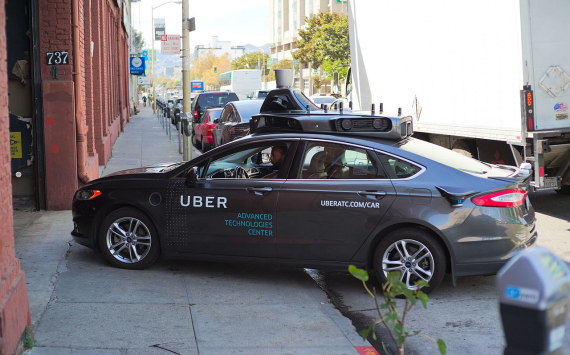
Lyft unveils restructuring strategy
Lyft, the ride-hailing service, has been struggling with mounting losses and a sagging stock price, prompting its co-founder Logan Green to step down as CEO. In his place, David Risher, who joined the company's board in 2021, has taken over as CEO and is determined to turn the company's fortunes around.
Although Risher lacked prior experience in the ride-hailing sector, he's already taken decisive action by enacting a restructuring strategy that entails reducing Lyft's workforce by approximately 1,100 employees. This measure aims to align Lyft's pricing with its key competitor, Uber, which has bounced back more resiliently after the COVID-19 outbreak.
Risher believes that the deep cuts are crucial to ensure the long-term success of the company and to offer better pay to its drivers, resulting in quicker pick-up times and more rides. However, the payroll purge will undoubtedly affect the lives of those suddenly out of a job and sow uncertainty among Lyft's remaining 3,000 employees.
Lyft has also been facing a growing chasm with Uber, as the latter's food delivery business proved successful in retaining drivers on its platform during the pandemic, making it difficult for Lyft to lure them back. Moreover, Uber's fare structure resulted in its service frequently demanding significantly lower prices for trips than Lyft. This gap led to many consumers switching to Uber, and it became the preferred ride-hailing app for many people.
Risher's turnaround strategy aims to address these challenges and will likely be revealed soon. As a first step, he is implementing significant cost-cutting measures, which may help him attain stock price incentives potentially worth nearly $1 billion. Risher's lack of experience in the ride-hailing industry has raised some concerns among investors, but his successful track record in the e-commerce industry with Amazon has shown that he has what it takes to steer Lyft in the right direction.
Overall, Risher's restructuring plan is a necessary step to ensure Lyft's viability in a competitive market. While the mass layoffs may be painful for some, they are ultimately necessary for the long-term success of the company.












































